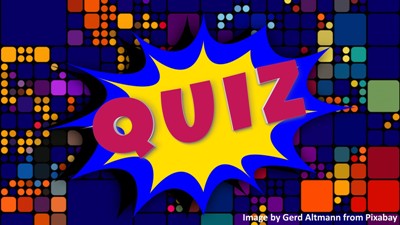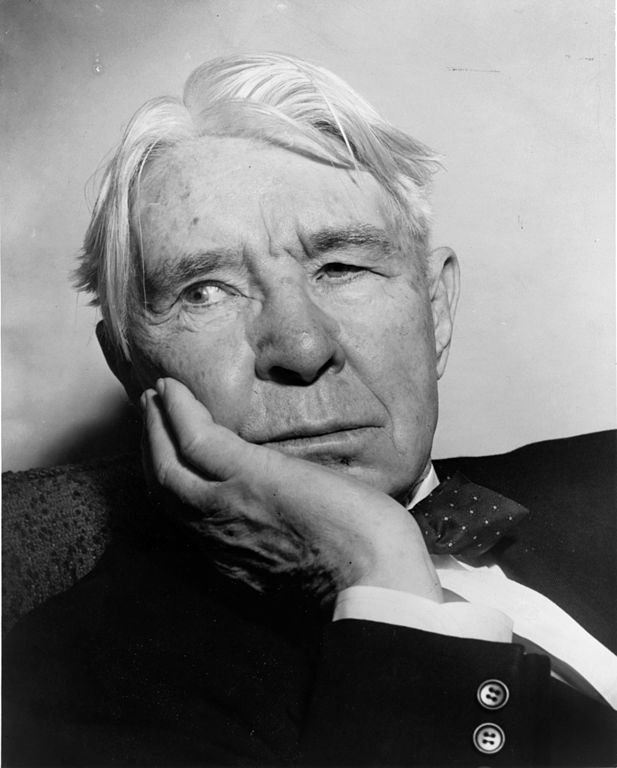Image Credit: Jake Beech, CC BY-SA 3.0, via Wikimedia Commons
16 personalities is a popular personality assessment tool based on the Myers-Briggs Type Indicator (MBTI). It is a self-report questionnaire that helps people identify their unique personality type based on four dimensions of personality:
- Extraversion vs. Introversion (E or I)
- Sensing vs. Intuition (S or N)
- Thinking vs. Feeling (T or F)
- Judging vs. Perceiving (J or P)
By answering a series of questions, individuals can determine their preferences on each dimension, which are then combined to form a four-letter personality type. There are 16 possible combinations of the four dimensions, each representing a unique personality type.
The 16 personalities assessment provides a detailed description of each personality type, including their strengths, weaknesses, communication style, and ideal careers. It is used by individuals and organizations to gain insight into their own personalities, improve communication and teamwork, and make informed decisions about career paths and personal development. The assessment has gained popularity due to its accessibility and simplicity, and it is widely used in personal and professional settings.
Here’s a brief explanation of the 16 personality types:
- ISTJ (The Inspector): Logical, responsible, and practical, with a strong sense of duty and tradition.
- ISFJ (The Protector): Warm, caring, and practical, with a strong sense of duty and loyalty to others.
- INFJ (The Counselor): Compassionate, insightful, and idealistic, with a strong sense of empathy and a desire to help others.
- INTJ (The Mastermind): Strategic, independent, and analytical, with a strong focus on long-term planning and achieving goals.
- ISTP (The Craftsman): Independent, practical, and curious, with a strong ability to solve complex problems and enjoy hands-on work.
- ISFP (The Composer): Creative, sensitive, and kind, with a strong appreciation for beauty and a desire to make the world a better place.
- INFP (The Healer): Empathetic, thoughtful, and imaginative, with a strong sense of purpose and a desire to help others.
- INTP (The Architect): Analytical, logical, and independent, with a strong interest in understanding how things work and solving complex problems.
- ESTP (The Dynamo): Bold, adventurous, and practical, with a natural talent for taking risks and adapting to new situations.
- ESFP (The Performer): Outgoing, friendly, and spontaneous, with a love for socializing and enjoying the present moment.
- ENFP (The Champion): Enthusiastic, optimistic, and creative, with a strong desire to explore new ideas and connect with others.
- ENTP (The Visionary): Inventive, logical, and curious, with a talent for seeing possibilities and exploring new ideas.
- ESTJ (The Supervisor): Responsible, practical, and decisive, with a natural talent for organizing people and resources.
- ESFJ (The Provider): Warm, caring, and generous, with a strong desire to help others and make the world a better place.
- ENFJ (The Teacher): Charismatic, empathetic, and inspiring, with a natural talent for understanding and connecting with others.
- ENTJ (The Commander): Confident, strategic, and decisive, with a natural talent for leading and organizing people to achieve their goals.
These brief descriptions are just an introduction to each type, and there is much more to each personality type that can be explored through the 16 personalities assessment.
The postfixes added after the four letters of the 16 personality types represent different aspects of a person’s personality, which can further refine the description of the personality type.
Here are the postfixes and what they stand for:
- A (Assertive): People who are more assertive tend to be self-assured, confident, and resistant to stress.
- T (Turbulent): People who are more turbulent tend to be self-conscious, sensitive, and emotional, and they may experience higher levels of stress.
For example, someone who is an ENFP-A would be an enthusiastic and creative person who is also assertive and self-assured, while an ISTJ-T would be a logical and practical person who is also self-conscious and sensitive to stress.
These postfixes are optional and are not always used when referring to the 16 personality types. They are intended to provide a more nuanced understanding of a person’s personality, but they should be interpreted with caution and not be used to make assumptions about a person’s behavior or traits.










